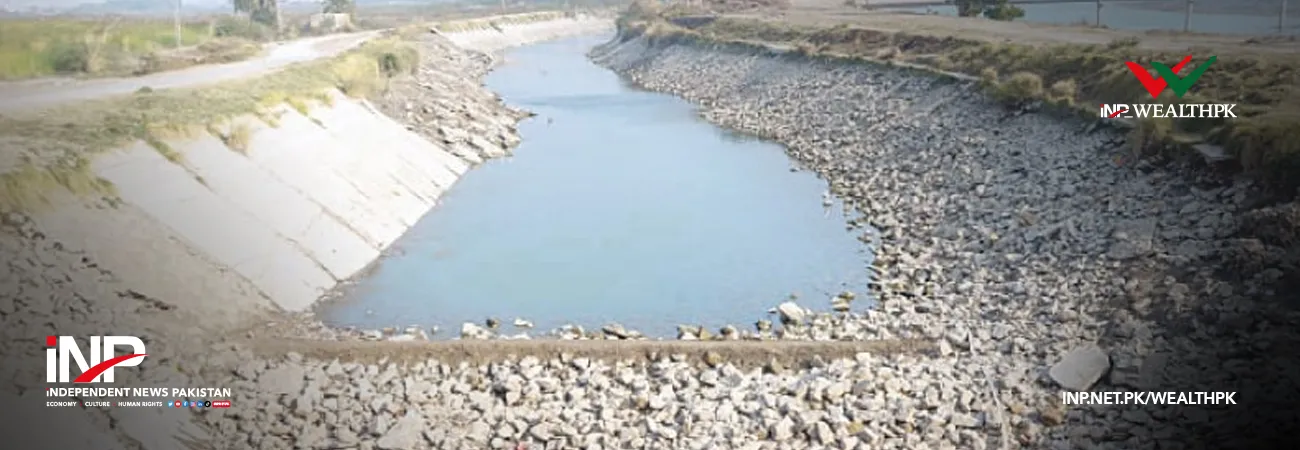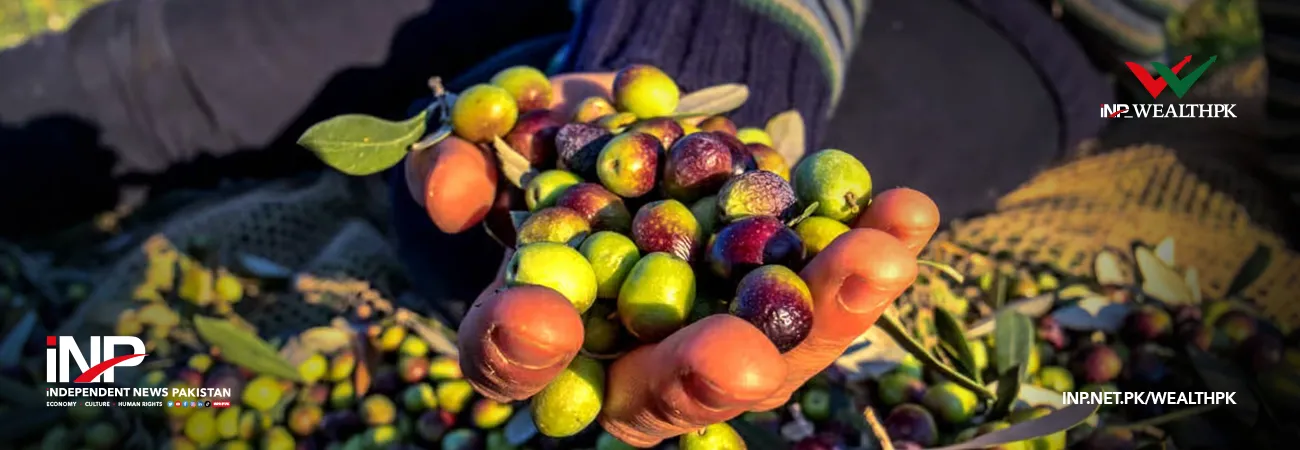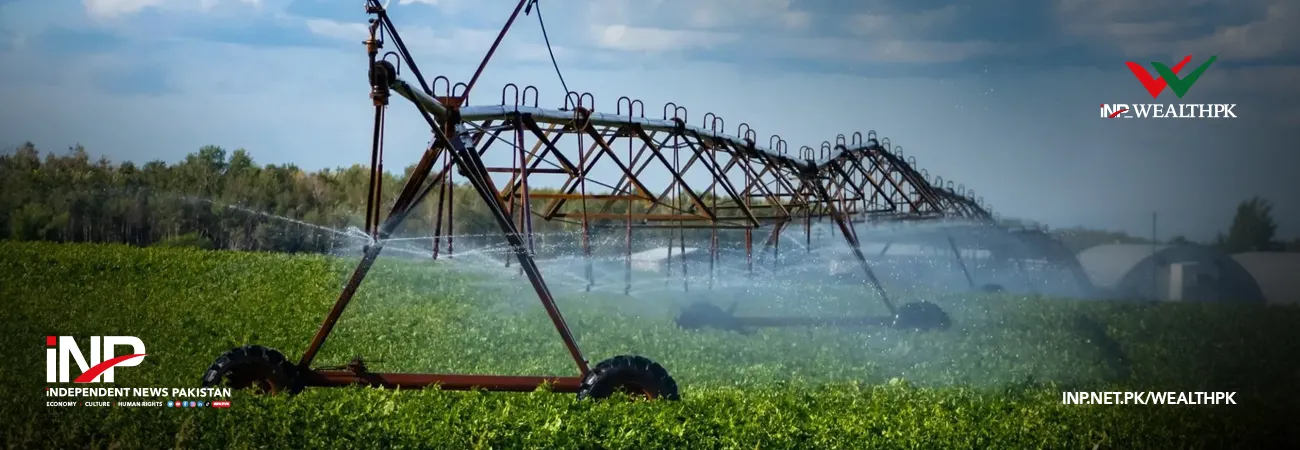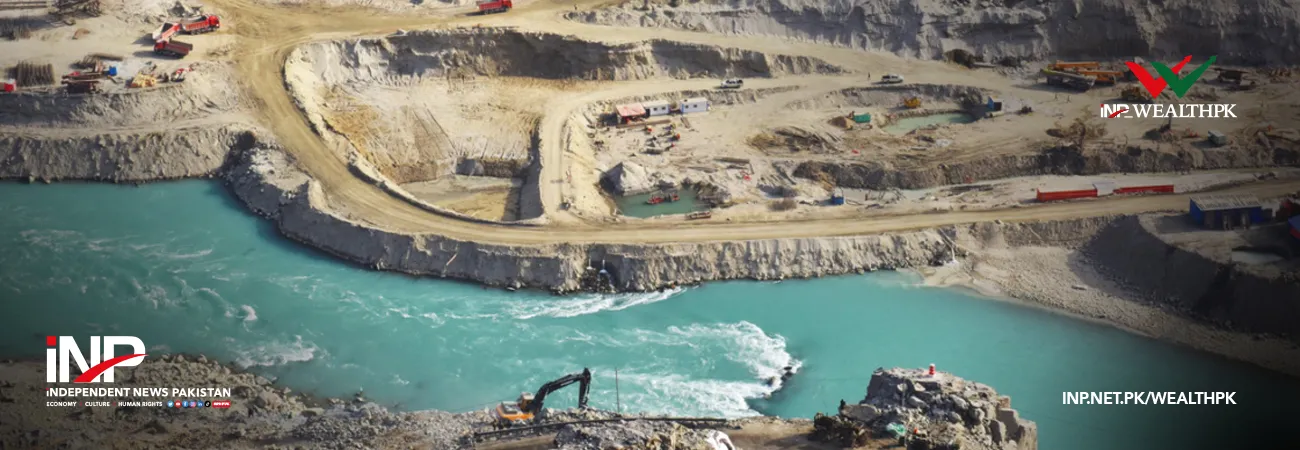INP-WealthPk
Amir Khan
Green Pakistan” is a critical government initiative, signalling a strong commitment to bolster the forestry sector in the face of environmental challenges,” Gulzar Rehman, former conservator of forests in Khyber Pakhtunkhwa, told WealthPK. The government has allocated Rs4.05 billion for the “Green Pakistan” initiative in FY23-24 to promote sustainable development and climate action. Emphasizing the budget’s pro-environment stance, he said, “The budget is pro-forestry and agriculture, evident from the significant allocation for climate change projects. This investment will contribute towards making Pakistan green and help us achieve the Sustainable Development Goals (SDGs).” Tauheedul Haq, former conservator of KP Forest Department, lauded the federal budget and the “Green Pakistan” program for their role in preserving the groundwater resources. Pakistan is gradually heading toward water scarcity due to climate change-induced weather patterns and a shortage of dams, posing a significant threat to future food security.
Pakistan faces pressing challenges such as desertification, eco-degradation, deforestation, and climate change. Plantation initiatives emerge as a cost-effective strategy to combat these issues. According to the National Forest Policy 2015, Pakistan loses approximately 27,000 hectares of forests annually, primarily due to deforestation, growing wood demands, and socioeconomic disparities. This phenomenon particularly affects community and privately-owned natural forests in Gilgit-Baltistan and Khyber Pakhtunkhwa, leading to adverse effects on agriculture and water quality, triggering land degradation, floods, and biodiversity loss in watershed areas. Furthermore, deforestation in coastal regions exacerbates climate change-induced weather patterns, including rainfall, floods, and glacier melting, heightening the threat of seawater intrusion. The degradation of agricultural land due to salinity, as witnessed in recent floods, highlights the profound impact of environmental degradation and climate change on Pakistan’s economy, the livelihoods of the marginalized, and sustainable development.
The National Water Policy underscores the alarming decline in per capita surface water availability, from 5,260 cubic meters per year in 1951 to around 1,000 cubic meters in 2016, with projections indicating further drops if deforestation persists. This policy also warns of declining groundwater levels, particularly in Punjab and Sindh, where excessive groundwater extraction through approximately one million tube wells for irrigation surpasses what canals provide by 20 percent. The budget allocation for the ongoing schemes includes Rs3,950 million for capacity building on water quality and monitoring, Rs20.95 million for Climate Resilient Urban Human Settlements Unit, and Rs3,902.55 million for an expanded Green Pakistan Programme. New initiatives include Rs100 million for the Pakistan Bio-safety Clearing House (Pak-BCH) for GMO regulation, Rs2,800 million for a national program to improve watercourses in phase II, Rs900 million to enhance commendable areas in Barani (rain-fed) regions, and Rs700 million for promotion of commercial-scale olive cultivation.
Muhammad Ibrahim Khan, Deputy Project Director of the Ten Billion Trees Afforestation Project, welcomed the Federal Budget 2023-24 and the “Green Pakistan” program, emphasizing their potential to combat climate change and environmental challenges. Increased heavy precipitation resulting from climate change can harm crops, erode soil, deplete soil nutrients, and negatively impact water quality and aquatic resources. In conclusion, the budgetary allocation for environmental conservation and forestry initiatives in Pakistan is a positive step toward mitigating the adverse effects of climate change, deforestation, and environmental degradation. These measures not only safeguard the environment but also ensure sustainable development and a more secure future for the nation. As Pakistan addresses its environmental challenges through the green finance, it paves the way for a greener and more resilient future.
Credit: INP-WealthPk













